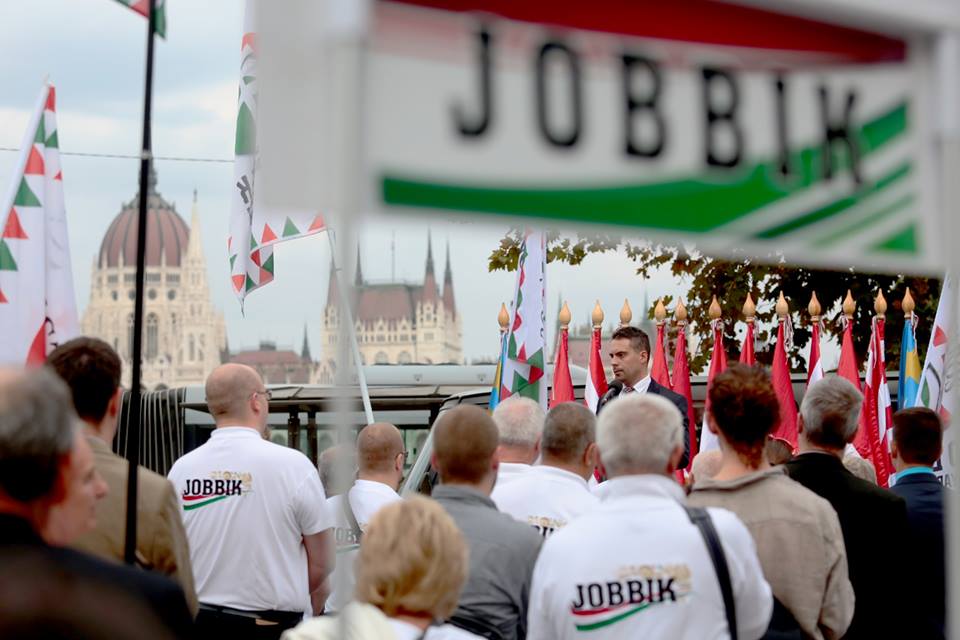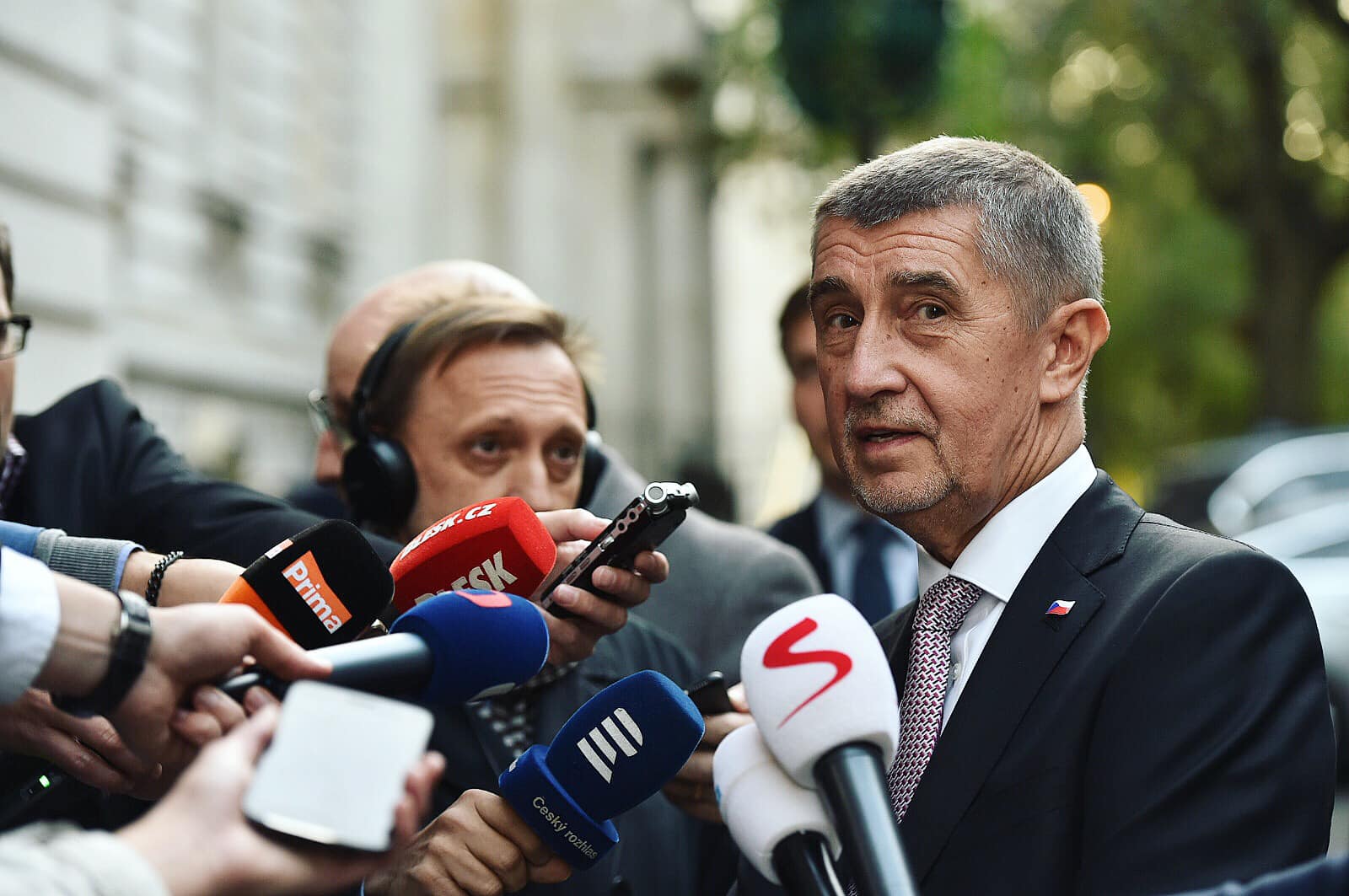By Thibaud Cassel.
Hungary – While it was a highly awaited meeting… it has been paradoxically surrounded by a strange silence. On Friday, October 11, The Hungarian Prime minister was the guest of Emmanuel Macron for a lunch at the Elysee palace for the “first in-depth visit”. During the common press conference in the court of the French presidential palace, the President expressed his hopes for a “useful and frank discussion” while Jean-Claude Juncker passes the presidency of the European Commission to Ursula von der Leyen.
This Commission, new “European government” of which the entry into office is set to take place on November 1, is giving a hard time to both Budapest and Paris. Indeed, each member-state has to propose a Commissioner, whose has to be confirmed by the European Parliament following an audition. But an unpleasant set back for the French President has come just before the visit of the Hungarian PM: European MPs have expressed their disapprobation of Sylvie Goulard, the French candidate, for the most ambitious portfolio (gathering the internal market, industry, defense, space, numeric and culture). This failure echoes the one of the Hungarians: László Trócsányi, candidate for the Neighbourhood and Enlargement’ portfolio, has been disallowed by the MEPs in a similar way, although for different reasons.
Curbing the ideological antagonisms
This is no secret, western progressism and continental conservatism fight each other strongly for influence within the EU. Emmanuel Macron and Viktor Orbán are two known faces that embody the most vividly these two trends. And while they fight, Germany increases her own influence.
There is a correlation that appears as obvious between German hegemony in the EU and Emmanuel Macrons’s federalist rhetoric. This recent slap proves it, France is not rewarded for her zeal: she gets nothing else than softness regarding her disastrous budget deficit. Therefore, the failure to nominate Sylvie Goulard leaves a sour taste in Macron’s mouth. Federalism seems to not fit with French interests within the Union.
Thirty years after the fall of communism, time has come for more coordination and solidarity between France and the countries of the former East Bloc. This region, where German influence dominates, tries to free itself from this domination. France is the 4th investor in Hungary, and Viktor Orbán recalled the importance of the 670 French companies employing 44,000 people in his country.
Economy and realpolitik as tools to curb ideological antagonisms? All signs lead to think that this is the way that the two influential EU leaders have chosen.
Translated by the Visegrád Post.




